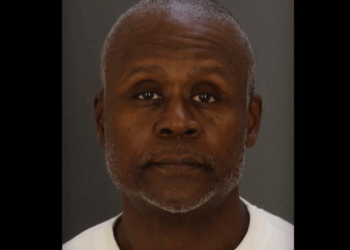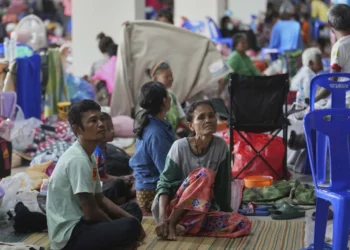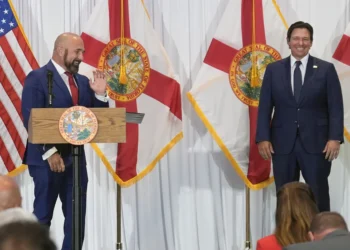The fourth annual Ukraine Recovery Conference is underway in Rome, Italy, today. World leaders are meeting to discuss protecting Ukraine from Russian aggression and the country’s eventual recovery and reconstruction.
“Governments, international organizations, financial institutions, businesses, regions, municipalities, and civil society will come together, united by a shared commitment to strengthen the resilience of Ukraine for as long as needed,” read a statement from the conference’s website. “The participants will represent the various stakeholder groups, demonstrating their strong engagement for Ukraine’s future.”
Italian Prime Minister Giorgia Meloni and Ukrainian President Volodymyr Zelensky opened the meeting, welcoming world leaders and other attendees, according to reports. The conference began after Russia launched a massive attack on Ukraine, firing a record number of drones and missiles at the Eastern European country. Zelensky discussed the attack in a post to his X account on Wednesday.
“A new massive Russian attack on our cities. It was the highest number of aerial targets in a single day: 741 targets – 728 drones of various types, including over 300 shaheds, and 13 missiles – Kinzhals and Iskanders,” Zelensky said. “Most of the targets were shot down. Our interceptor drones were used – dozens of enemy targets were downed, and we are scaling up this technology. Mobile fire groups were also active – they downed dozens as well. I thank all our warriors for their precision.”
The conference will reinforce the values and “guiding principles for Ukraine’s recovery process” established during the 2022 conference in Lugano, Switzerland, aptly named the “Lugano principles.” These principles are: partnership, reform focus, transparency, accountability, and rule of law, democratic participation, multi-stakeholder engagement, gender equality and inclusion, and sustainability.
This year’s conference will focus on “four thematic dimensions.”
First is the business dimension, which involves “mobilizing the private sector for reconstruction and economic growth.” Conference attendees will discuss “the private sector’s concerns, including security, financing and insurance, excess regulations, and labor market.”
Second, the human dimension, social recovery, and human capital for Ukraine’s future. This dimension will focus on “mobilizing human capital, fostering social cohesion, addressing inclusiveness” when facilitating Ukraine’s recovery and reconstruction. This will include “collaboration among stakeholders, civil society, and the Ukrainian diaspora” when preparing for “sustainable reconstruction.”
Third, a local and regional dimension, the recovery of municipalities and regions. This includes “building on the decentralization reform” with a particular focus on “the role of local self-governance and regional state administrations in recovery, financial access and capacity-building.”
Fourth, the EU dimension, striving toward “EU accession and related reforms.” This section will discuss how Ukraine can adhere to European integration, focusing on “aligning Ukraine’s policies and institutions with European standards and driving long-term economic and social progress.”
Additionally, the conference will bring together international investors seeking to aid Ukraine’s development after the war. Banks, businesses, civil society, and global organizations are part of the conference to engage in future efforts to help Ukraine recover. One of the main objectives is to match investors with Ukrainian officials to lay the groundwork for the country’s reconstruction while reportedly preparing Ukraine for a wave of reforms to ensure the country’s admission into the European Union, according to the Associated Press.
“It could feel a bit counterintuitive to start speaking about reconstruction when there is a war raging and nearly daily attacks on civilians, but it’s not,” said Eleonora Tafuro Ambrosetti, a research fellow at the Institute for Studies of International Politics.
“It’s actually an urgent priority,” she added.
















